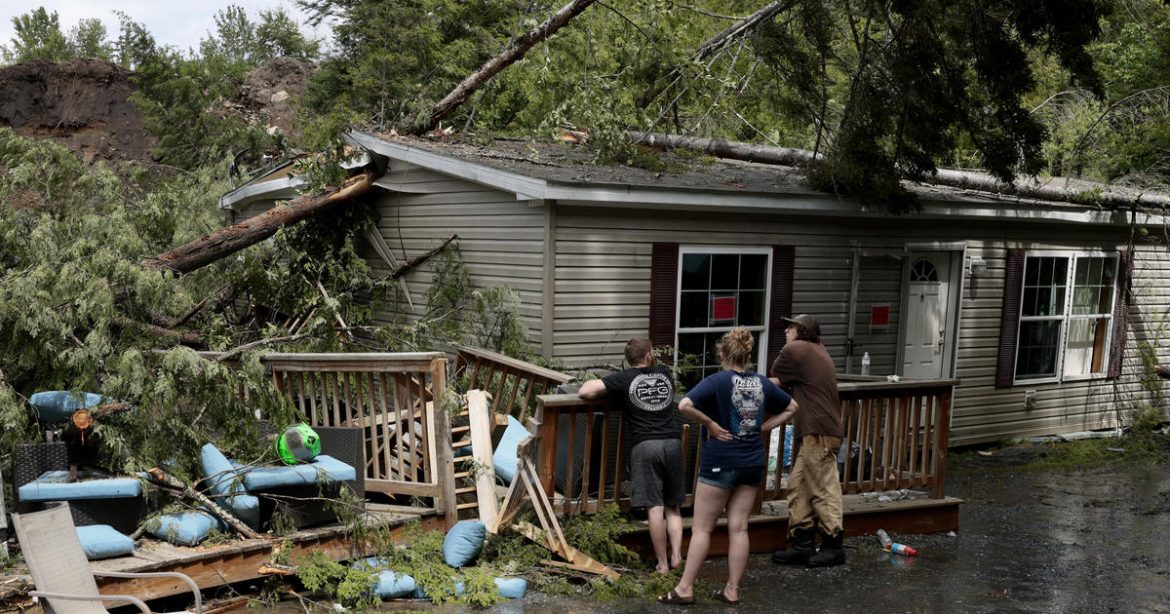Lawmakers in the US have warned that a government shutdown would hamper responses to any new weather disasters, leave hazardous waste sites uninspected, and stop work at federal Superfund clean-up sites.
“Federal emergency management agency (Fema) staff will still respond to emergencies, but all long-term projects will be delayed due to a lack of funding in the disaster relief fund,” warned the Illinois Democrat Lauren Underwood on Friday.
According to reports, underwood warned that the Environmental Protection Agency (EPA) would stop inspecting drinking water and chemical facilities too. Also affected, she said, would be efforts to contain polyfluoroalkyl substances – “forever” chemicals, or PFAS – and cleanup activities at Superfund sites.
The warnings came a day after New York was hit by torrential rains that shut down parts of the city’s mass-transit system, flooded parts of Brooklyn and triggered the state governor, Kathy Hochul, to declare a state of emergency.
Read also: Vietnam detains environmental expert
There have also been several warnings that there is little left in the primary government relief fund, after 23 confirmed US weather events related to the climate disaster so far in 2023 have cost at least $1bn each.
The events included two flooding events, 18 severe storms, one tropical cyclone, one wildfire and one winter storm, according to the National Centers for Environmental Information. For comparison, the 1980–2022 annual average was roughly eight events.
Data from the National Oceanic and Atmospheric Administration show that the US has seen more billion-dollar weather disasters in 2023 than in any previously recorded year.
Fema spent an average of $4bn annually between 1992 and 1999 on disaster aid. Since 2000, excluding years that saw disasters like 2005’s Hurricane Katrina and the response to Covid-19, the emergency management agency’s spending has jumped to around $10bn annually.
With three months of the year to go and disaster costs running at $23bn, the Fema administrator Deanne Criswell testified before the House transportation and infrastructure subcommittee on emergency management last week that the agency would have difficulties responding to any natural disaster in the event of a shutdown.
Story was adapted from the Guardian.
